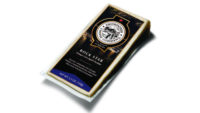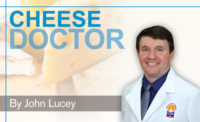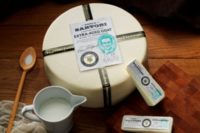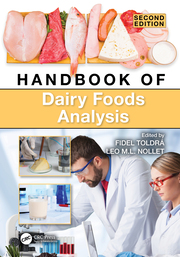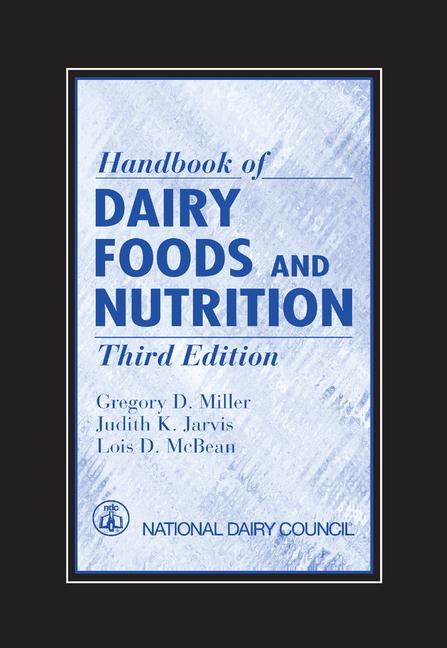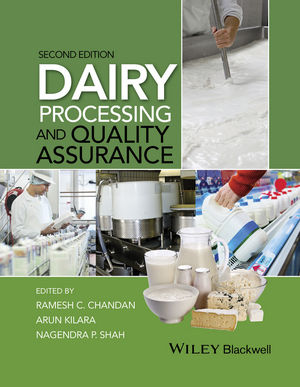Aging in place
Video: At Standard Market's cheese cave, fresh product becomes aged cheese
Standard Market received two awards from the American Cheese Society for a LaClare Farms Chandoka aged in its cave.

In the Standard Market cheese cave in Countryside, Ill., wheels of Chandoka are wrapped in food-grade muslin bandages.

From left: David Rogers, Dan Flavin and Alyssa Stone stand inside the Standard Market cheese cave in Countryside, Ill.

Aged cheeses sit on the shelf in a smaller cave in Westmont, Ill., where Standard Market operates a retail store.



What’s a cheesemaker to do when he or she doesn’t have space for aging cheeses? One option is to find space in another cheesemaker’s cave. Or, the cheesemaker can call Standard Market, a Chicago-area distributor and retailer that built a refrigerated room specifically for aging fine cheeses.
Standard Market this year opened a 1,200-square-foot temperature- and humidity-controlled cave at its warehouse in Countryside, Ill., just off of historic Route 66. When Dairy Foods visited, the cave had just received its first shipment: 50 wheels of a cow’s milk/goat’s milk Cheddar cheese from LaClare Farms of Wisconsin. The cheese will be aged for about eight months and then sold in Standard’s cheese shops and to Chicago-area retailers.
The company, headquartered in Westmont, had been aging cheeses at its two retail shops in the Chicago suburbs. The cheese cave puts the company on a new level.
Ken Tsang, Standard Market's director of technology and marketing, said, “We want this expansion to show we are more than just a specialty grocery store. We are also one of a few independent cheese-aging operations in the entire United States.”
Standard Market’s affinage program supports Midwest cheesemakers
He said that “growing our affinage operation will help us maintain our leadership in the Midwest by continuing to support the local cheese industry, as well as increase our presence in gourmet retailers and cheese shops nationwide.”
Besides distributing cheeses to Chicago-area retailers and restaurants, Standard Market’s accounts include fined-dining restaurants in San Francisco, Philadelphia and Texas.
David Rogers is Standard Market’s maître fromager affineur, or master cheese ager. Affinage is the French term for aging or ripening cheese. Before joining Standard to establish the aging program, Rogers worked as the regional cheese buyer for Whole Foods.
He explained that a cheesemaker can’t get paid for a cheese until it is ready for sale. So a cheese aging on a shelf in a cave is an expense. Standard Market’s service improves a cheesemaker’s cash flow. For example, wheels of LaClare’s Chandoka come out of the cheese press in Wisconsin on Thursday and arrive at the cave in Illinois on Saturday.
LaClare receives payment from Standard Market, which then bears all the expenses (and risk) until the cheese has ripened and is ready for sale. The expenses include time spent in the cave and sales and marketing. If there is a loss, it’s borne by Standard Market.
The cheesemaker/affineur relationship is built on trust
The relationship between cheesemaker and affineur is one of trust. The cheesemaker is entrusting its reputation to the ager. If cheese ages badly, the consumer blames the cheesemaker, not the affineur.
“We take [the relationship] incredibly seriously,” Rogers said. “We work closely with the cheesemakers to make sure they know what we doing. We give them samples when we start selling it. This is the flavor profile we got. I like to keep them involved as much as possible.”
On the other hand, the affineur is representing its aged cheeses to retailers and chefs. Standard Market has to uphold its reputation as a distributor of premium cheeses. Rogers said the company is “a little picky” about who it sells to because the cheeses are “an artisan product.” A grocer has to be able to store and care for a wheel properly.
“If a retailer is not on top of it, they could be offering a cheese that is well past its prime. That really impacts the perception of the quality of that cheesemaker,” Rogers said.
Award-winning cave-aged chandoka from LaClare Farms
Because of Standard Market’s aging, LaClare’s Cave Aged Chandoka received two awards in 2015 from the American Cheese Society: a second place Best of Show and a first place in American Originals (original recipe from mixed milks).
When Standard Market received the wheels of Chandoka, it wrapped them in food-grade muslin bandages. (Other cheeses are bandaged in muslin soaked in locally brewed beers, including a porter from Revolution.) Then the wheels are placed on cedar boards in the cave, where the temperature is kept at about 60 F and the humidity at 90% to maintain moisture. If the temperature is too cold, the aging slows down. If the air is too dry, then the wheels dry out.
Temperature, humidity are important factors when aging cheese
Wheels are turned every two days at first and then once a week after about two months. Rogers and his crew also monitor the population of cheese mites that feed on the mold growing on the rind. Rogers does not want the mites eating through the rind and into the cheese. A vacuum cleaner keeps the mites in check.
Employees and visitors to the cave follow food safety basics. They remove jewelry and put on hair nets, lab coats and booties (or step in a sanitizing foot bath) before entering the cave.
The capacity of the cave is 20 tons (40,000 pounds), or about 1,600 25-pound wheels.
Looking for a reprint of this article?
From high-res PDFs to custom plaques, order your copy today!




